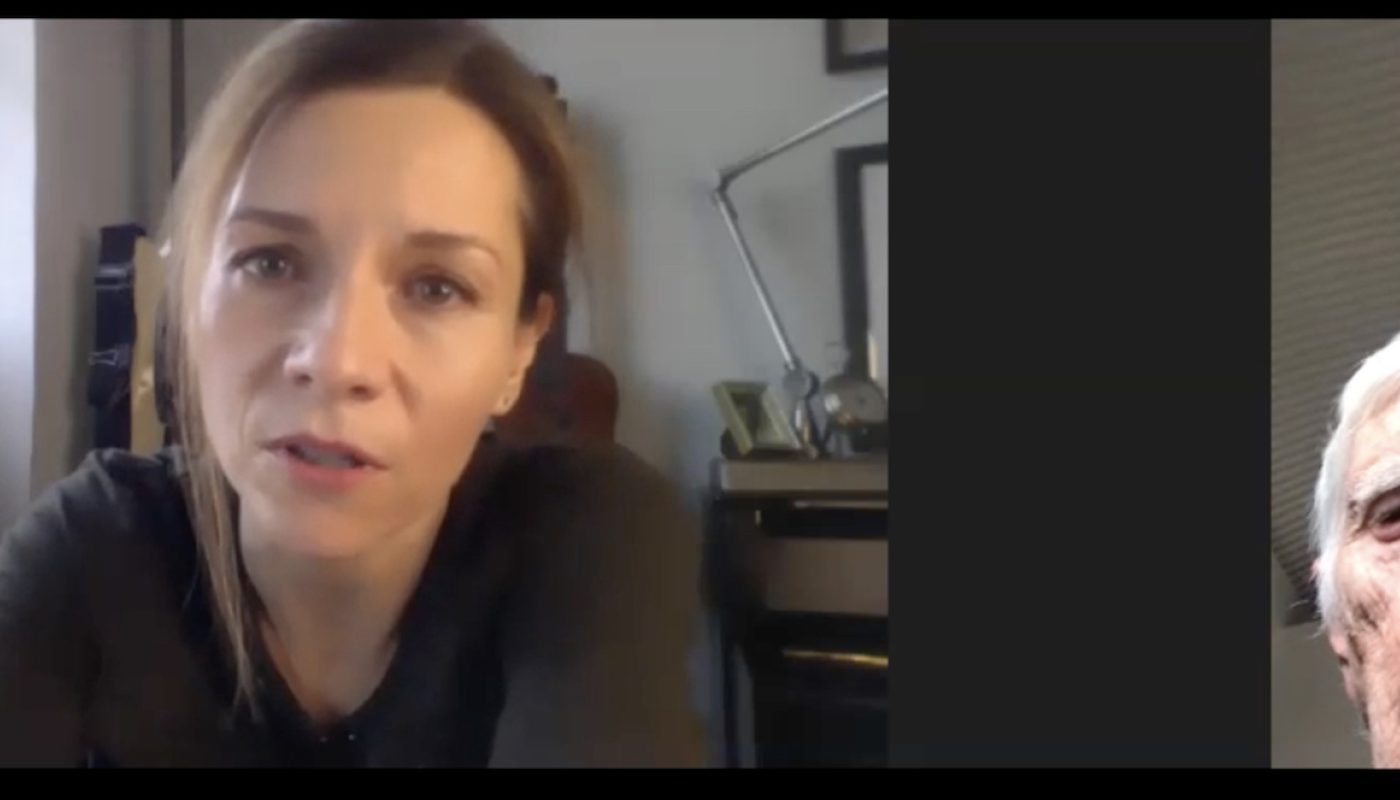

Review | Tara Gadomski's I See You Now
A film review written by the SHIFT Youth Jury member Zoé Stegers.
Geplaatst op 23 september 2020

A film review written by the SHIFT Youth Jury member Zoé Stegers.
Geplaatst op 23 september 2020